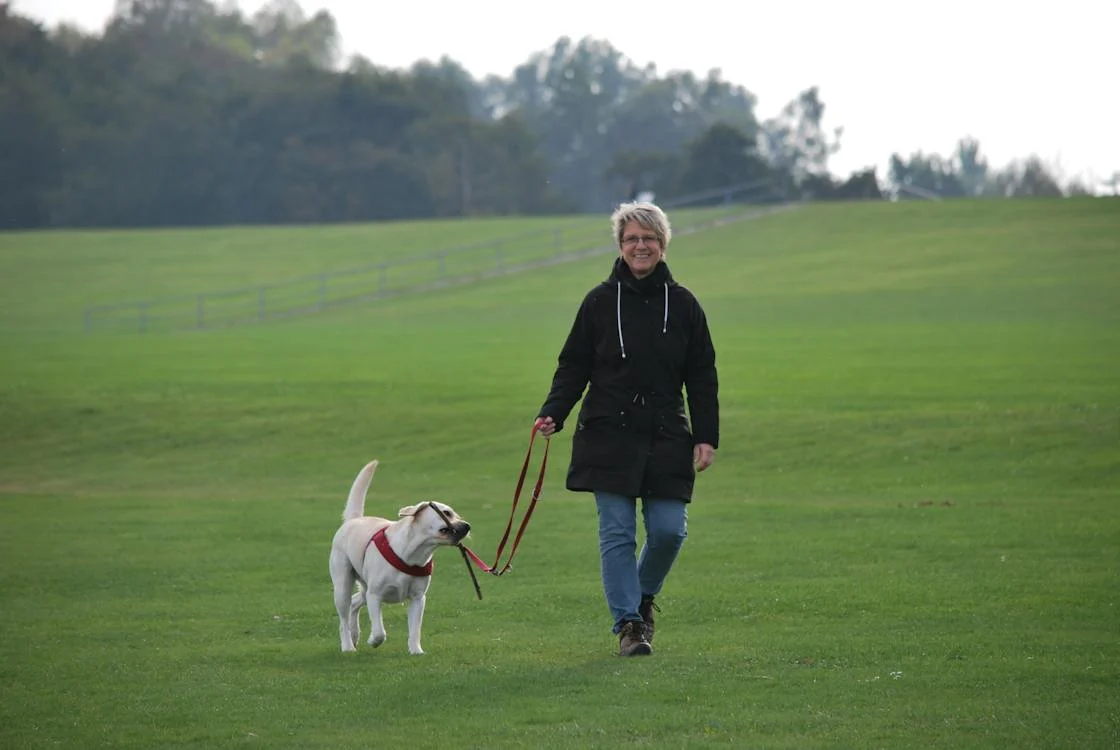You discover empty wrappers and realize your dog managed to eat marijuana edibles. While these THC treats may be safely enjoyed by humans, ingestion poses serious risks for dogs. Recognizing symptoms of edible toxicity and responding promptly helps avoid adverse outcomes.
Dangers of Edibles for Dogs
The two main concerns when dogs consume cannabis edibles include:
Toxicity – THC and other cannabinoids accumulate in a dog’s body far longer than in people, rapidly reaching toxic levels. Left untreated, this can lead to frightening and dangerous effects.
High fat content – Most edibles contain ingredients like chocolate, butter, oils or nuts posing pancreatitis risks to dogs. This compounds the THC hazards.
Edibles come in tempting but deceiving cookies, candies, and other “human” foods dogs are inclined to readily eat. Prevent access! Even small sampling leads to poisoning.
Signs of THC Toxicity in Dogs
Look for concerning symptoms indicating your dog may have ingested edibles:
- Vomiting
- Incontinence or dribbling urine
- Dilated pupils
- Lethargy, drowsiness
- Loss of coordination, wobbliness
- Shaking, tremors, or seizures
Effects typically appear within 30-90 minutes, sometimes longer, and increase in severity as THC blood concentrations peak. Do not wait and see – obtain veterinary help immediately.
What Should I Do if My Dog Ate a Cannabis Edible?
If you know or suspect your dog consumed any amount of marijuana edibles:
- Call your vet or pet poison control hotline immediately for advice based on your dog’s size and the type of edible ingested.
- Closely monitor your dog – take a video on your phone of any abnormal behaviors to show the veterinarian. But do not leave your dog unattended.
- Look for product packaging to determine THC content and amount missing.
- Induce vomiting only if instructed to do so. Never make your dog vomit if showing signs of lethargy or sedation.
- Rush to emergency veterinary clinic once you have induced vomiting. Your dog will need continued support and monitoring.
With quick action and treatment, the prognosis for THC toxicity is very good. But delayed response risks lasting damage. Don’t take a wait and see approach.
Will My Vet Report My Dog’s Edible Ingestion to the Police?
Veterinarians are only concerned with your dog’s health and recovery. They will not judge the source of toxicity or contact law enforcement. You can disclose honestly what your dog ingested so your vet can provide the best possible care without fear of legal repercussions. Their only priority is saving your dog.
How is THC Toxicity Treated in Dogs?
Veterinarians use aggressive decontamination and supportive therapies including:
- Inducing vomiting if advised and dog is alert enough
- Activated charcoal to absorb remaining toxins from GI tract
- IV fluids for hydration and blood pressure support
- Anti-nausea medications
- Sedatives to manage agitation and prevent seizures
- Monitoring heart rate, respiration, body temperature
- Bloodwork to assess organ function
With diligent veterinary care, dogs usually make a full recovery within 24-72 hours once the THC metabolizes out of their system, avoiding lasting damage.
How Can I Prevent My Dog From Eating Edibles?
Keep marijuana edibles totally out of paw’s reach using these precautions:
- Store securely away – locked cabinets or containers. Never leave out loose.
- Avoid consuming edibles front of pets – curiosity and food drive can lead to theft.
- Ensure visiting guests keep edibles away from dogs. Educate housesitters.
- Double bag and tightly seal away trash that contained edibles.
- Keep out of reach during preparation and cooking. Licked utensils can provide doses.
Take edible safety as seriously as you do human child safety. Ingestion prevention is key!
Conclusion
While edibles provide recreational and medicinal benefits for people, the high THC and fat content poses a major poison risk for our curious canines. With prompt veterinary decontamination, most dogs recover fully if edibles are kept safely away going forward. Through diligent prevention and swift response, we protect our beloved pets.


